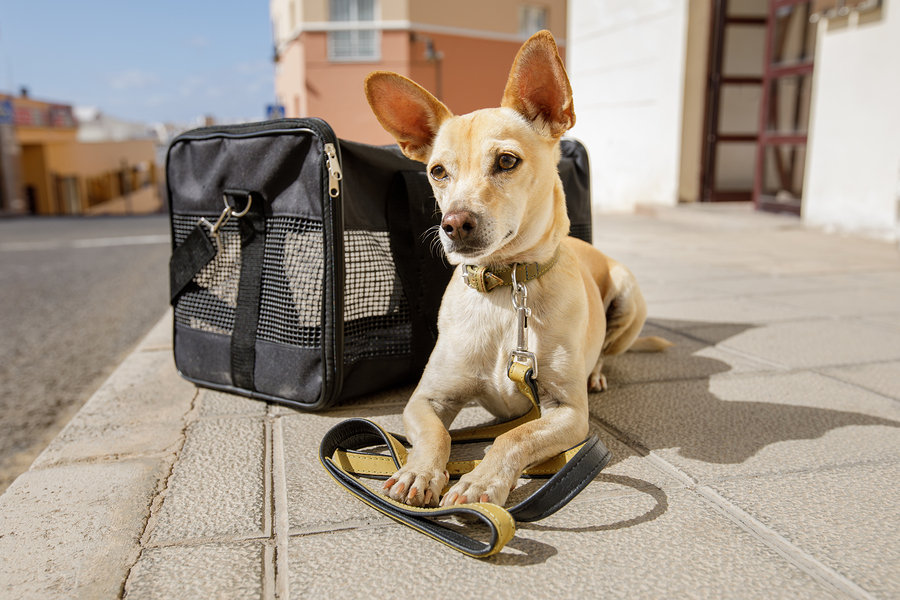Over the last couple of months, emotional support animals, which are not required to be crated in the cabin and ride for free, have been under fire and last week JetBlue became the latest carrier to tighten its policy regarding ESA’s traveling on planes. Emotional support animals help people with emotional, psychiatric or anxiety issues, including veterans with PTSD and are different from service dogs. (JetBlue did not change its rules for service animals.)
RELATED STORY:
Beginning July 1st, the airline will require passengers to complete three documents at least 48 hours in advance of the trip. The move is in response to the “dramatic increase in industry incidents involving emotional support animals that haven’t been adequately trained to behave in a busy airport or the confined space of an aircraft.”1
Airlines say they are merely trying to curtail what seems to be a situation out of control; Delta reports that animal incidents on their planes increased by 84% last year and the number of people traveling with service or support animals on American Airlines rose by more than 40% in 2017.
“The documents include verification from a mental or medical health professional that says the animal is really for emotional and psychiatric service, a veterinary health form for the animal, and a liability form that says the animal is ‘trained to behave appropriately in public.’ Owners are responsible for injuries to others or damage to property.
Only cats, dogs, and miniature horses are allowed on-board under the new policy. Hedgehogs, ferrets, rodents, snakes, spiders, reptiles and animals with tusks have long been banned by JetBlue.”2
RELATED STORY:
Advocates for emotional support animals say the new regulations are putting an unfair burden on people with legitimate emotional disabilities. But the airlines are all looking to create a healthy and safe flight for their customers and crew members. Similar policy changes have been announced this year by American Airlines, Delta, and United.












